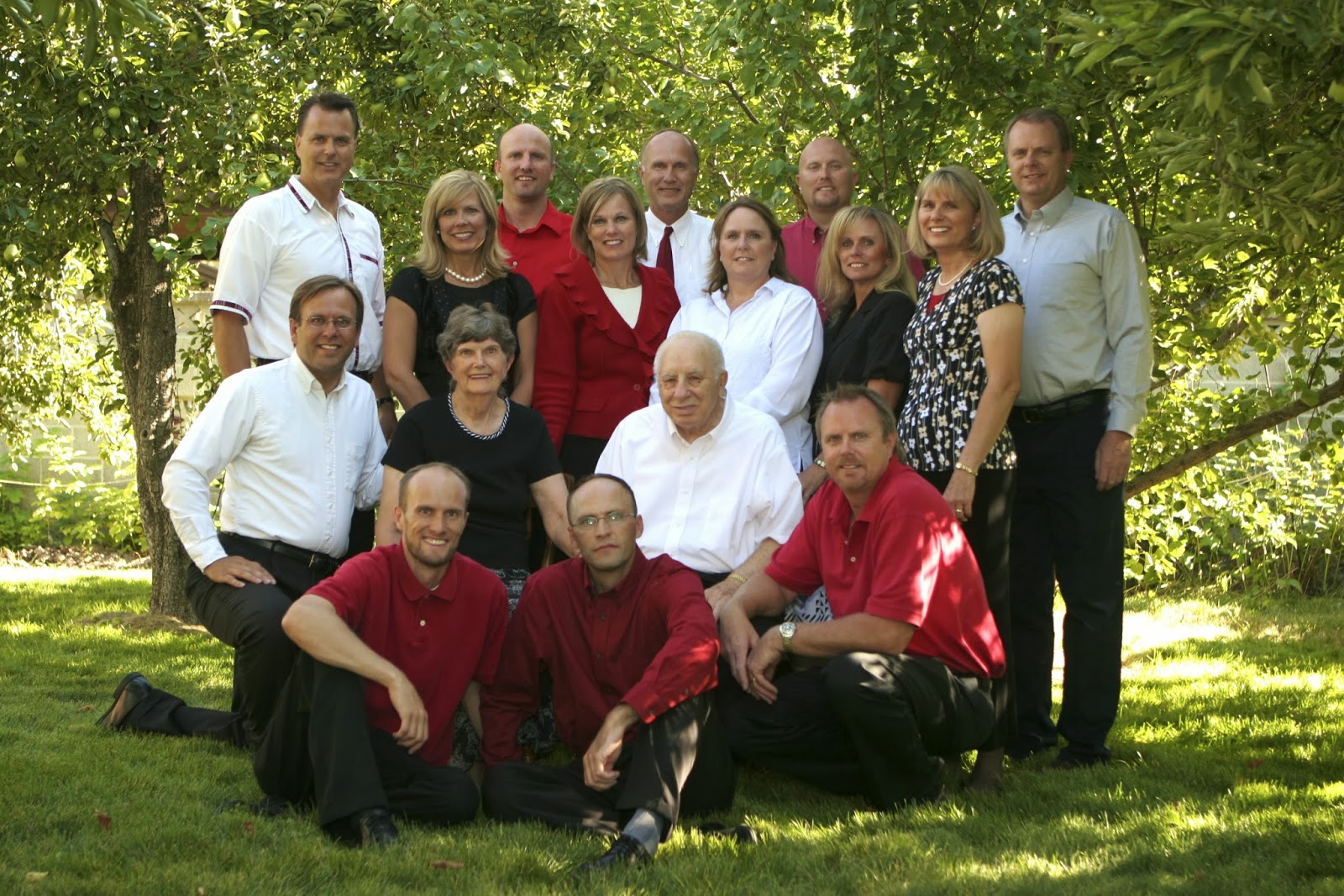Nothing but the truth
The other day one of my children referred to someone as a toady and I had no idea what they were talking about. My sons explained that a perfect example of a toady was Grover Dill in one of our favorite holiday movies, "A Christmas Story." We have watched this show at least dozens of times and probably more since we in no way limit its viewing to the Christmas season. None of us could actually remember his name off the top of our heads so we turned to Google, ran a search and quickly had our answer.
As I was reading through the post highlights one particular fact jumped out at me; it turns out that the casting company had originally selected the actor who played Grover Dill to be the bully in the movie and Scut Farkus was supposed to be the toady. Apparently on the first day on set, the director took one look at the two boys and immediately switched their roles. Now, few bullies are as well known as Scut Farkus and our family, at least, couldn't come up with the name Grover Dill, even though we have heard it multiple times. It just wasn't a fact that we could recall.
Today, something similar happened when I turned my attention to a story that a friend had shared on Facebook that claimed that a popular, but unidentified, New York restaurant had hired a professional firm to assess why they consistently received complaints for having such slow service. The article suggested that the delays were caused by guests talking on their smart phones instead of looking at a menu and then when the food actually arrived they were busy taking pictures instead of eating.
Without highlighting all of the internal inconsistencies in the article that simply made no sense, I simply reached the conclusion that the story was false and a waste of my time. Tonight at dinner I mentioned the article to my wife and she agreed the story was bogus as it seemed to be another attempt of someone to couch the belief that the world was better before smart phones. But the author wrote it so badly that when he tries to make his point he fails miserably because he has lost all credibility.
What do the The Dill/Farkus affair and the bogus restaurant fiasco have in common? They shed light on how we come to know the things we know. For some reason, I was willing to accept as a fact that Farkus was originally cast as the toady. I know nothing about who manages the website where I read the claim, yet I immediately accepted it as fact. However, a hyper-detailed article about the alleged slowness of restaurants due to smart phones proved so unpersuasive that I denounce it as awful fiction, because it pretends to be fact; even though I found the information through a friend.
What is truth and where is it found? Sometimes on the internet.
As I was reading through the post highlights one particular fact jumped out at me; it turns out that the casting company had originally selected the actor who played Grover Dill to be the bully in the movie and Scut Farkus was supposed to be the toady. Apparently on the first day on set, the director took one look at the two boys and immediately switched their roles. Now, few bullies are as well known as Scut Farkus and our family, at least, couldn't come up with the name Grover Dill, even though we have heard it multiple times. It just wasn't a fact that we could recall.
Today, something similar happened when I turned my attention to a story that a friend had shared on Facebook that claimed that a popular, but unidentified, New York restaurant had hired a professional firm to assess why they consistently received complaints for having such slow service. The article suggested that the delays were caused by guests talking on their smart phones instead of looking at a menu and then when the food actually arrived they were busy taking pictures instead of eating.
Without highlighting all of the internal inconsistencies in the article that simply made no sense, I simply reached the conclusion that the story was false and a waste of my time. Tonight at dinner I mentioned the article to my wife and she agreed the story was bogus as it seemed to be another attempt of someone to couch the belief that the world was better before smart phones. But the author wrote it so badly that when he tries to make his point he fails miserably because he has lost all credibility.
What do the The Dill/Farkus affair and the bogus restaurant fiasco have in common? They shed light on how we come to know the things we know. For some reason, I was willing to accept as a fact that Farkus was originally cast as the toady. I know nothing about who manages the website where I read the claim, yet I immediately accepted it as fact. However, a hyper-detailed article about the alleged slowness of restaurants due to smart phones proved so unpersuasive that I denounce it as awful fiction, because it pretends to be fact; even though I found the information through a friend.
What is truth and where is it found? Sometimes on the internet.


Comments
Post a Comment
Thank you for keeping your comments positive and helpful..